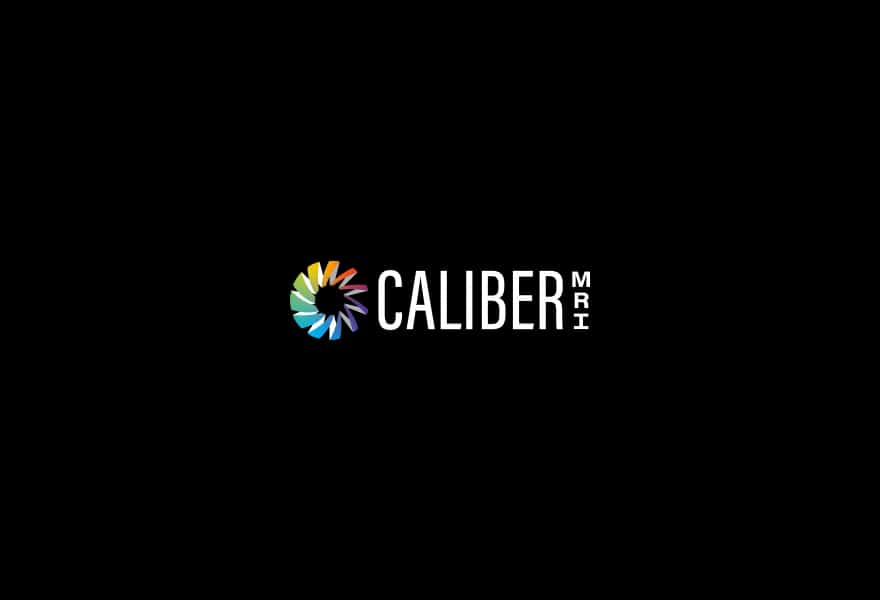CaliberMRI, the University of California at San Francisco (UCSF), and the National Institute of Standards and Technology (NIST) are partnered to develop the qCal-MR based on prior joint research and development.
qCal-MR aims to remedy one of the most glaring problems in MRI practice: standardization and quantification of the qMRI image output so that, for example, breast cancer diagnostics, monitoring, and treatment efficacy assessment could be made independent of particular MRI device performance and protocols used. qCal-MR will save breast cancer patients from unnecessary, costly, and invasive procedures.
Traditional MRI scans can result in a 40% variability between readings on different equipment. The results can be costly and misleading, as cancer can go undiagnosed or misdiagnosed. qCal-MR standardizes all MRI equipment currently used in research and clinical settings using a combination of hardware reference standards called phantoms and machine learning software systems.
Dr. Todor Karaulanov, Principal Investigator on the NIH grant, says, “CaliberMRI staff, in partnership with UCSF and NIST, is very excited to take on the mandate provided by the National Cancer Institute grant to enable true quantitative MRI measurements. The successful implementation of qCal-MR in the paradigm-shifting I-SPY 2 clinical trial will help qualify breast cancer drugs by removing variability in MRI equipment and protocols.”
CaliberMRI is a subsidiary company of High Precision Devices, both based in Boulder, Colorado. Founded in 2017, CaliberMRI is focused on transforming medical imaging through quantification and standardization of traditional MRI equipment.
More information about CaliberMRI can be found at www.staging-qalibremd.kinsta.cloud.

